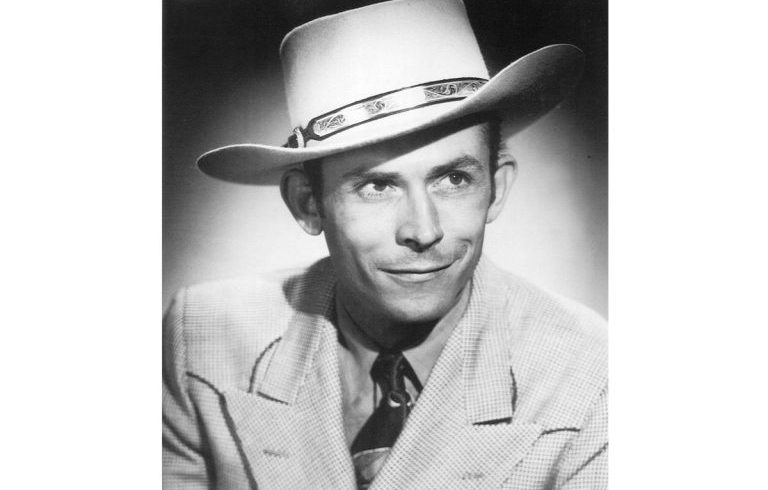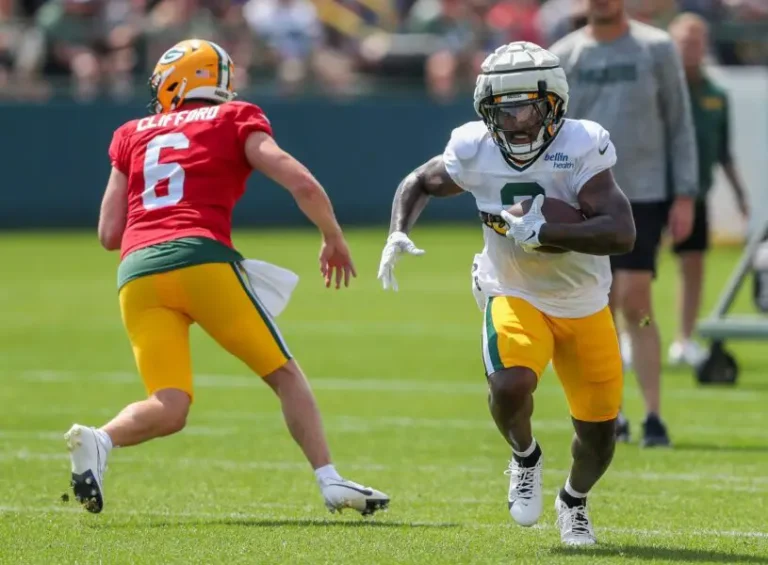Charles Carr, who passed away at the age of 79, leaves behind a remarkable legacy tied to one of the most poignant moments in American music history. As a young Auburn University freshman, Carr found himself in an unexpected role that would forever link his name to the legendary Hank Williams — serving as the final chauffeur for the iconic country singer on what would become his last ride. This extraordinary chapter of Carr’s life is a testament not only to the unpredictable paths history can take but also to the quiet individuals who witness history unfold in moments of profound significance.
In the waning hours of 1952, Hank Williams, already a towering figure in country music, was scheduled to perform a New Year’s Eve show in Charleston, West Virginia. Carr, then just starting his journey as a college student, was entrusted with the responsibility of driving Williams from Montgomery, Alabama, to that very show. What might have seemed a routine task for most became an indelible part of the lore surrounding Williams, whose untimely death has since become a defining moment in music history.
The journey itself was filled with a sense of urgency and a mix of excitement and melancholy. Hank Williams was a man battling personal demons, including health issues and struggles with addiction, yet his commitment to his fans and his music remained steadfast. Charles Carr’s role was to navigate the long road from Montgomery, ensuring that Williams made it to the New Year’s Eve performance on time. This task was no small feat, requiring endurance, focus, and an understanding of the fragile state of the man he was driving.
After the Charleston concert, the plan was for Hank Williams to continue to another performance scheduled for January 1st, 1953, in Canton, Ohio. It was during this subsequent leg of the journey that the tragic turn of events occurred. Carr, ever the dutiful chauffeur, accompanied Williams as they traveled toward Ohio, unaware that fate was about to intervene in a way that would etch this trip into the annals of music history.
The hours on the road were tense. Williams was reportedly suffering from severe back pain and exhaustion. His condition was deteriorating, though few fully grasped the gravity of his health at the time. As they reached a hospital near Canton, Charles Carr made the critical decision to take the ailing singer inside. It was there that Hank Williams was pronounced dead, just hours before he was to take the stage again, leaving behind a legacy that would inspire generations of musicians and fans alike.
For Charles Carr, the experience was transformative. While many might remember Williams as the “Hillbilly Shakespeare” or the “King of Country Music,” Carr’s memories are intimately tied to those final hours—hours filled with urgency, worry, and ultimately, profound loss. Carr’s role as the last person to drive Williams places him uniquely in history, a witness to the fragility behind the larger-than-life persona of a music legend.
Carr’s life after that fateful night carried the quiet dignity of someone who had seen history from a vantage point few ever could. He returned to Auburn, continued his education, and lived a life far removed from the glitz and tragedy of show business. Yet, he never shied away from recounting the story, always honoring the memory of the man he had driven on his final journey.
The story of Charles Carr is more than a footnote in the life of Hank Williams. It reminds us that history is often shaped not just by the icons and celebrities but also by the everyday individuals who stand alongside them in critical moments. Carr’s narrative adds a human dimension to the myth of Hank Williams, emphasizing the personal and often unseen connections that weave through historical events.
In reflecting on Charles Carr’s passing at the age of 79, it is fitting to celebrate the man who played a quiet but essential role in one of the most significant stories in American music. His presence on that final ride from Montgomery to Charleston and then toward Canton stands as a lasting tribute to the bond between a driver and his passenger, a student and a star, and a witness and a legend.
Though decades have passed since that cold New Year’s night in 1952, the impact of that journey continues to resonate. Hank Williams’ music remains timeless, echoing through the hearts of countless fans worldwide. And alongside those echoes is the memory of Charles Carr, whose hands guided the wheels of destiny as a music legend made his last journey into history.
Charles Carr’s story is a poignant reminder of how the lives of ordinary people intersect with the extraordinary, how a single night and a single drive can become a defining moment in cultural history. As we remember Carr, we honor the legacy of a man who not only witnessed history but was an integral part of its unfolding, a testament to the enduring power of connection, memory, and the unassuming role of a driver behind the wheel of a legend’s final ride



